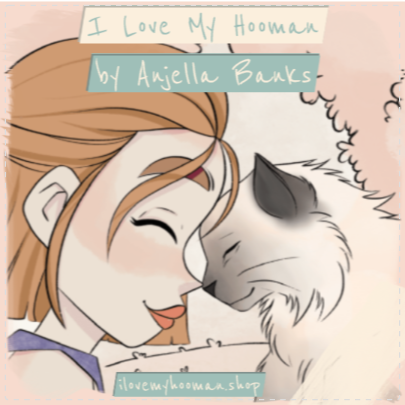We live with cats for the unconditional love and companionship they offer.
Caring for any pet is good for your heart. Cats in particular lower your stress levels, possibly since they don’t require as much effort as dogs – and lower the amount of anxiety in your life, and petting a cat has a calming effect. One study found that over a 10-year period, cat owners were 30 percent less likely to die of a heart attack or stroke than non-cat owners (although the reason might be simply because cat owners are more relaxed and have lower stress in general).
The stereotype that dogs are more affectionate than cats is just that: a stereotype. In fact, it turns out that cats can be just as good a companion as dogs, especially for women. An Australian study conducted in 2003 found that having a cat in the house is the emotional equivalent of having a romantic partner. As well as initiating contact much of the time, studies have shown cats will remember the kindness shown to them and return the favor later.
But cats really do have the upper hand in these relationships. After thousands of years of domestication, cats have learned how to make a half purr/half howl noise that sounds remarkably like a human baby’s cry. And since our brains are pre-programmed to respond to our children’s distress, it is almost impossible to ignore what a cat wants when it demands it like that.
Cats have a reputation of being aloof and not caring about their humans, but they have saved countless lives over the years. One cat in the United Kingdom warns her human when he’s about the have an epileptic seizure, while a cat in Montana in the U.S. woke up its two humans when a gas pipe started leaking. Firefighters told the couple that the house could easily have exploded if not for the cat’s intervention.
But sometimes …
* They hop up on counters and eat out food..
* They scratch on everything but the scratching post…
* They chase insects and create havoc…
* They’re overly affectionate and needy or don’t let you talk on the phone…
* They insist on sleeping with you, or even ON you, clinging and crying for constant attention…
* Or they’re too standoffish…
What happens when our needs are out of sync?
They love deeply, they experience grief, they get angry, and they are curious and mischievous: cats experience a whole range of emotions. When these emotions become behavioral issues, this often causes feelings of sadness, frustration, anger, guilt, and embarrassment for many cat owners, leaving them with the feeling of failing the cat and as a failed cat parent, but they still feel that deep bond of love.
In poetic prose, I wrote this book as a child’s rhyme, which I think speaks to everyone. It’s about the unbreakable bond of friendship and love between the cat pet and its owner and is suitable for all ages.
The story was inspired by the Birman cat we rescued when she was about 1 1/2 years old. I bought her for my 18-year-old daughter, so Coco and I lived together for a few years when I knew absolutely nothing about cats… but with her love, I emerged from a deep depression. She is now 13 years old!
This is not condoning bad behavior in cats or cat parents, but sudden changes in a pet’s behavior often mean that something is amiss. Be it a physical or mental problem, it can often be remedied by taking the animal to see a vet professional, changing their diet, training them, or changing our own behavior.

